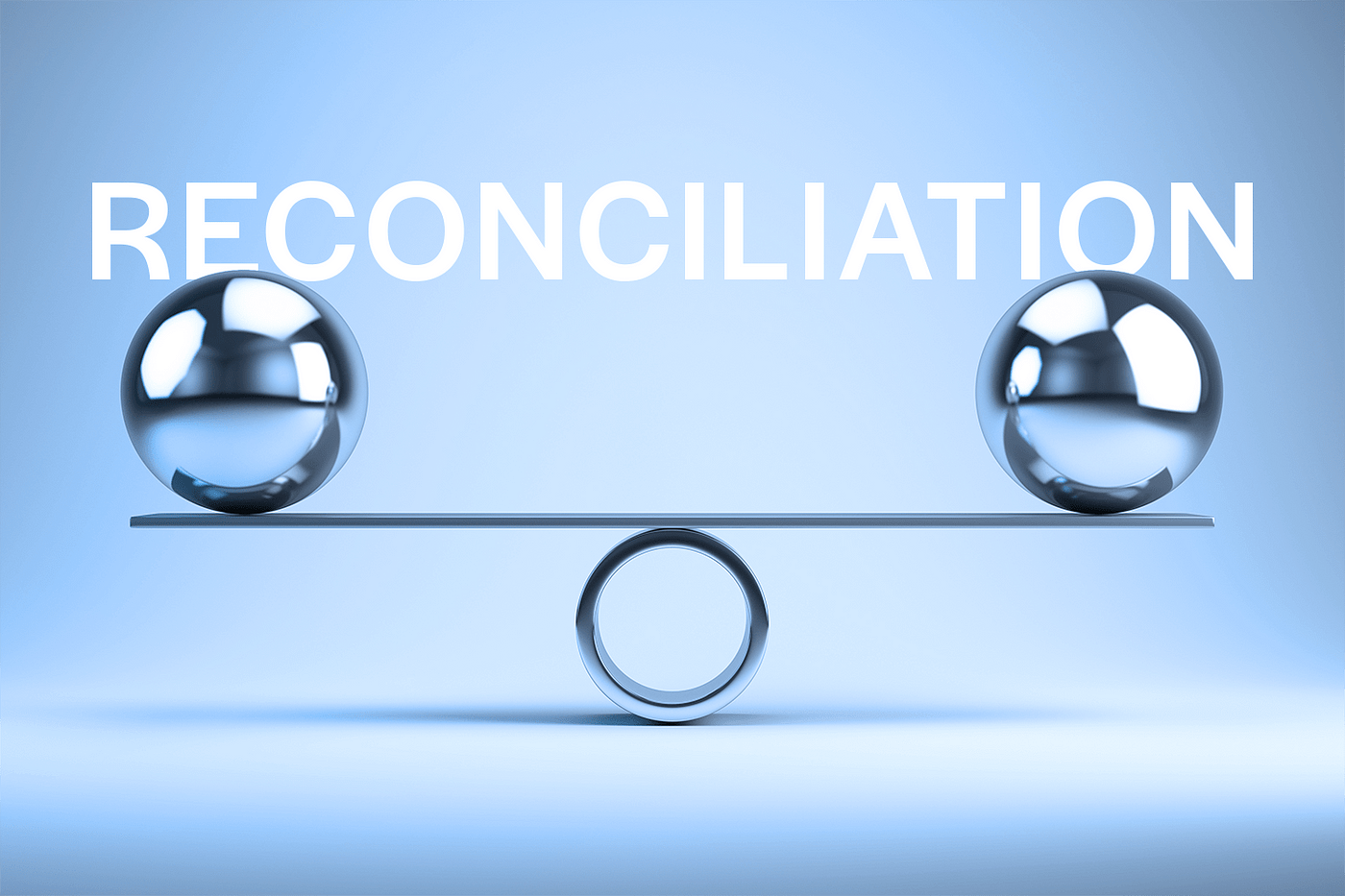 One of the first books I read in seminary encouraged us to reconcile with others in our past. The author’s insisted that we are only as effective as we are reconciled with others. While his examples supported his ideal, I’d argue another layer: Reconcile with anyone closest to you in life. Everyone else, be willing to reconcile with them when God provides an opportunity. If not, move on.
One of the first books I read in seminary encouraged us to reconcile with others in our past. The author’s insisted that we are only as effective as we are reconciled with others. While his examples supported his ideal, I’d argue another layer: Reconcile with anyone closest to you in life. Everyone else, be willing to reconcile with them when God provides an opportunity. If not, move on.
Taking the book’s advice to heart, I reached out to people from my past and received mixed results. Those closest to me appreciated the efforts. Some refused to reconcile at all. Others were like, “what are you talking about?!” Showing they’d moved on while I had not. The results caused me to reflect on what practical Christian reconciliation means.
Here’s what reconciliation is not. Reconciliation is not because I hold this position within your faith, family, or friends that you bend to my view. No, reconciliation happens when all parties humble themselves and put the other ahead of themselves. Even if you don’t have to put another first, that’s what Jesus did, and we should always mimic His example.

Christian reconciliation admits wrong, accept appropriate responsibility, and is willing to reconcile with anyone. Others may never fully reconcile with you, and the opportunity might never happen, but you’re always ready to forgive. While you might not forget, you’re confident that their past, present, and future harm can’t hurt you anymore because you’ve let go of their influence on your life. Again, a great place to start is with those closest to you.
All families will have conflict and should try to work through their issues or let them go and love one another. Failure to forgive says more about the person holding the grudge than the person they despise. Life is too short to hate and get caught in the technicalities of who is right. Instead, reconcile, agree to disagree so you can love where you unify.
Now, for those who are acquaintances or colleagues. Should we reach out to them and admit our wrong? What about those with whom where we’ve had past conflicts? In both instances, I’d argue, “NO!” Yes, our world is more connected than ever. Some might mistake that we must reconcile with everyone. However, we should focus on those closest while utilizing another approach for those in other social circles.
My advice, wait for the opportunity to run into the person. Put yourself in another’s shoes; if I interrupted your day to “reconcile,” your response might or might not be favorable. Instead, trust God and let Him lead you to those opportunities. Maybe it’s me, but the serendipitous encounters with others open our hearts better than invading another’s turf to push our reconciliation agenda when it might not ever be there.
If that never happens, that might mean the person you think you have a conflict with has moved on. You should then too! Remember, a Christian posture should always be gracious, as Christ extended to all humanity on the Cross. Often in the Gospel’s, that’s what Jesus presented most. Since His purpose is reconciliation, we should strive for the same if given the opportunity. Just know each social circle is different, so start with those closest to us.




